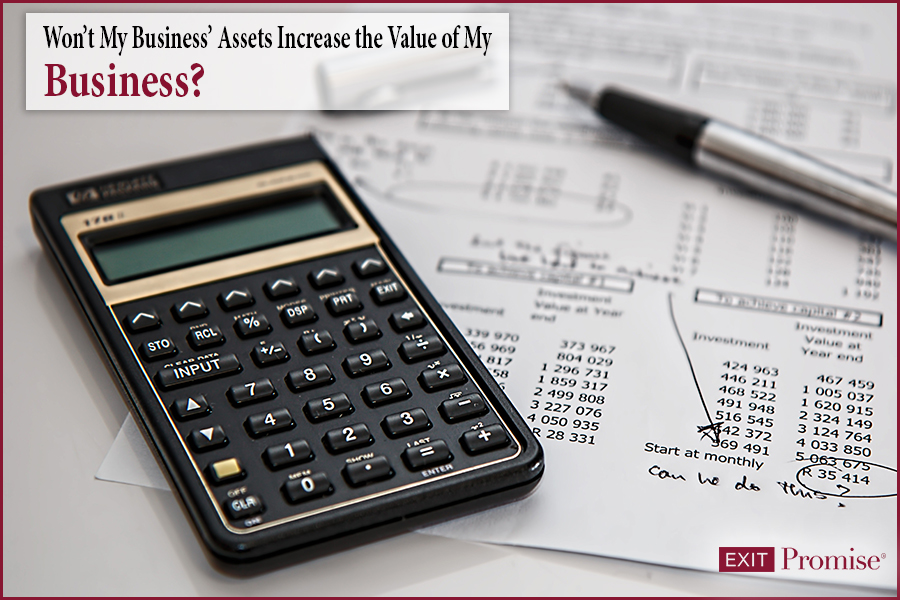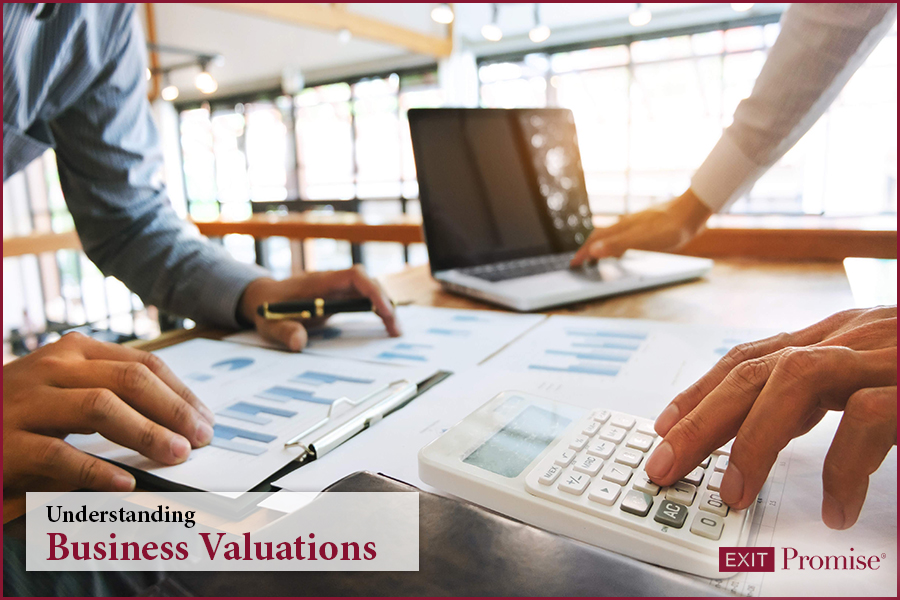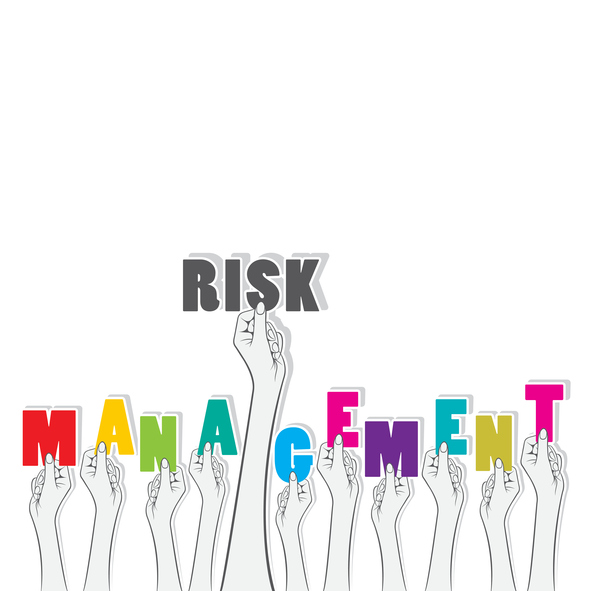At some point during a company’s existence, it’s very likely a business owner will need a business valuation. Regardless of the reason, it is very important to understand how business valuations are conducted.
![The Three Business Valuation Approaches [Infographic]](https://exitpromise.com/wp-content/uploads/2022/10/three-approaches-to-business-valuations.jpg)
![The Three Business Valuation Approaches [Infographic]](https://exitpromise.com/wp-content/uploads/2022/10/three-approaches-to-business-valuations.jpg)
At some point during a company’s existence, it’s very likely a business owner will need a business valuation. Regardless of the reason, it is very important to understand how business valuations are conducted.

When all other factors are equal, the presence of a significant concentration among customers, suppliers, and/or employees results in a lower business value than might otherwise be expected due to the underlying inherent risks associated with any or all of these concentrations.

Many business owners are uncertain about how to establish a value for their business, regardless of its stage of development. How to value ideas, start-ups and mature businesses differ greatly. Learn more.

Business owners who address the three hallmarks of a valuable business are very likely to have more options for exit and attract multiple buyers.

As a business intermediary helping owners determine the “Most Probable Sales Price,” or MPSP of their businesses here in the Triangle, I hear a common question:
“That value makes sense, but what about all my stuff? Can I get paid for that too?”
The answer is rarely what the business owner wants to hear, but there’s a sound reason for it, and understanding how businesses are priced can help an owner with decisions on how to allocate resources for assets; especially if they are planning to sell in the near future.
In this article, we’ll explore the market approach for small businesses and what value the assets carry…

Quite simply, a business valuation is a process and set of procedures used to determine what a business worth. Sounds unambiguous, right? But it takes more than just plugging numbers into a formula — a credible business valuation requires knowledge, preparation, and a thorough understanding of the business. The result is an objective assessment of the real value of the business. In addition to estimating the selling price of a business, a business valuation can be used for many legal purposes such as divorce litigation, shareholder disputes, and estate or gift taxation.

Depending on the circumstances and objective of the owner, the value of a business can vary considerably. For instance, upon sale to unrelated party, an owner would expect to receive the maximum purchase price for their business the unrelated party is willing to pay. However, that same sale to a family member or employee may need to be structured so the cash flow of the business can support the purchase price.
For a closely held business, owners generally have little idea about the value of their business, or whether their business is generating an adequate return on investment, and what drives its value.
A Broker’s Opinion of Value, or BOV, can help an owner determine what the business would sell for on the open market. This, in relation to an owner’s “pain” level, is often enough to decide whether they are ready to sell.
Owners who are making money and in no pain typically don’t sell. But most owners have some level of pain in running their businesses and wonder what life would be like without it.

For many entrepreneurs, launching a new business often means walking a fine line between pursuing earnings growth and growing the top-line revenue. A business can’t be successful in the long-term without earning a profit, but it also must reinvest some of its profit to grow beyond a startup, expanding into new markets or geographical territories. Understanding the differences between earnings growth versus revenue growth will help business owners prioritize their next growth steps and to recognize the difference between increasing profitability vs. increasing sales volume.

EBITDA Margin and Adjusted EBITDA Margin are similar measurements used by business owners and others who value businesses for sale. Let’s break down the two terms to help your understand which measurement of profit and cash flow are most relevant for your business. EBITDA Margin or Earnings Before Interest, Taxes, Depreciation, and Amortization Margin is a measurement of a company’s “top line” operating profitability expressed as a percentage of its total revenue. EBITDA Margin therefore provides outside investors, business owners, and potential buyers with a clear view of the business’s operating profitability and cash flow, since the valuation excludes interest, taxes, depreciation, and amortization.

How could there be risks in your business relationships? For most business owners who’ve started a business from scratch, the notion of regarding as risky the many positive relationships they’ve built over the years with customers, vendors, and even employees is indeed a difficult concept to wrap their head around.

Book Value is defined as the total value of a company if it were to liquidate its assets and pay back its liabilities, or the value of the company according to the financial statement. Book value (BV) is also sometimes referred to as “shareholder’s equity.”

Net equity value is the fair market value of a business’s assets minus its liabilities. This measured value is used to determine a business’s net worth – or the funds that would be left over and available to shareholders if all liabilities and debts were paid off.